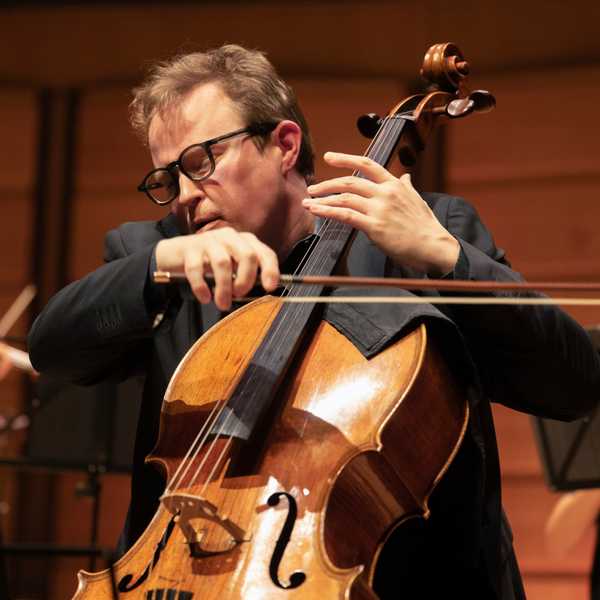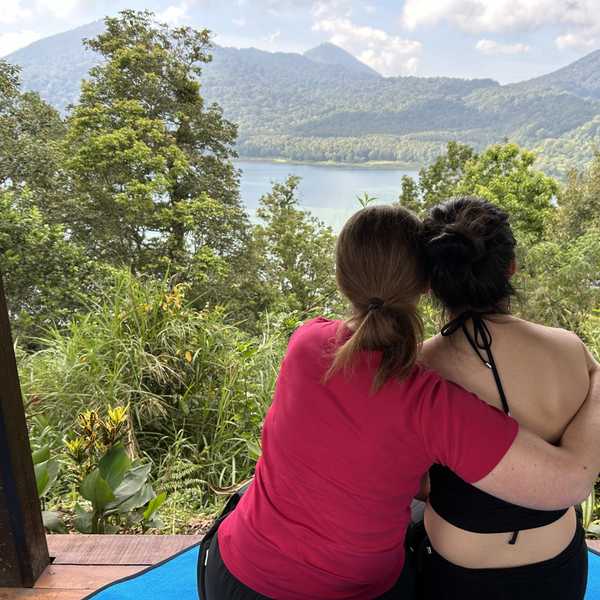Lockdown and social distancing rules imposed to slow the spread of the novel coronavirus, COVID-19, mean Australians have had to adjust to a more restricted life.
But many Médecins Sans Frontières/Doctors Without Borders (MSF) field workers have already experienced various forms of confinement as they provide medical humanitarian aid in places affected by insecurity, war or outbreaks of disease.
Here, MSF field workers share their tips for surviving lockdown.
- Remember why you’re confined
“I think it’s important to remember your purpose for being confined,” says Catherine Flanigan, a nurse from New Zealand who recently worked with MSF on the Ocean Viking search and rescue ship on the Mediterranean.
Catherine was confined to the ship for weeks at a time, with very little room to move, especially when the ship was packed with rescued people on board. The ship, run with SOS MEDITERRAINEE, rescues people who are in distress at sea fleeing Libya. Catherine’s role in the medical team was to provide care to all rescued people, with a special focus on sexual violence survivors and victims of violence.
“I didn’t mind being confined on the ship,” she says. “Any inconvenience paled in comparison to the importance of the job we were doing, which was saving lives. And that’s true for all of us right now.”

- Accept your new reality
Once you’ve reminded yourself why your movement is restricted, it’s important to accept the new rules.
“Accept that confinement is the new norm, don’t try to fight it,” says Dr Tom Niccol, who worked with Médecins Sans Frontières in Old Fangak, South Sudan, in 2019.
While in South Sudan, Tom’s movement was restricted to the hospital and accommodation compound for months on end due to violence and instability in the area. Tom worked as medical doctor in this extremely remote area for six months, where MSF has run the hospital since 2014. He was responsible for inpatient and outpatient departments, including the maternity, paediatric and nutrition wards.
He says while it’s easy to fall into the trap of questioning the new rules and regulations, it’s better to accept that the new boundaries are there for a reason. “You will be more at peace in yourself when you accept this notion, rather than being in a constant state of wanting to challenge authority. Remember, your liberty will return!”

- Have activities… and snacks
Construction manager Jeff Fischer recently returned from a six-month assignment in Kunduz, Afghanistan, where the security context is restrictive. The only permitted travel was from the accommodation to the worksite, where Jeff was managing the construction of a trauma hospital. When military activity escalated the team was forced into an even smaller space for days at a time.
Jeff says it’s important to have some activities and projects on hand.
“I was aware of the context of the mission before I accepted it and arrived with chocolate and jigsaw puzzles to share. I also took a cheap ukelele and began to learn how to play it… quietly. The team was comprised of people from about a dozen nationalities and sharing recipes and cooking together became a favourite pastime; we even built a woodfired pizza oven in the small garden.”
Catherine Flanigan echoes the importance of keeping occupied. She was on board the Ocean Viking when it was quarantined by Italian authorities for 14 days as COVID-19 hit Italy.
“We tried to keep busy, doing work and training sessions. We tried to entertain ourselves a little bit as well with stupid games, a quiz, movies, normal stuff. The ship was probably the shiniest it has ever been, and we cleaned and cleaned again. But it was really difficult to be out of our normal routines and to not able to do the work we’d come to do.”

- Have a routine, including exercise
Dr Tom Niccol found it helpful to have a routine to give some structure to his days.
“Sometimes it’s daunting to have so much time free time without access to any usual tasks to fill the day. Devise a routine even if this is scheduling mundane chores, such as morning – washing clothes; midday – family catchup via phone etc. This will help to structure the day, maintain productivity and provide you with a reason to get out of bed!”
Exercise, even with limited space, is also recommended for its clear physical and mental health benefits.
“I purchased a skipping rope, resistance bands and a yoga mat. In a 1m x 2m piece of floor, I am able to do cardio and resistance exercise,” he says.

- Find the positives
Confinement can be challenging, with little access to many of the activities that bring enjoyment. Many of our field workers also live without creature comforts; for instance Dr Tom Niccol was living in a tent with no access to hot water. But our field workers suggest it’s helpful to look for the positives within the new boundaries.
“Confinement forced me to rest,” says Tom. “Forced me to be innovative and learn coping strategies for ‘alone time’. I was even more connected to friends and family, as I had time for extended chats.”
Jeff Fischer says the cramped living conditions, against the backdrop of explosions and gunfire, “gave rise to a close camaraderie”.
“The main ingredients for living comfortably together in this context seem to be tolerance, respect and consideration for others, good manners and a sense of humour.”
Share "Surviving Lockdown: MSF Field Workers Share Their Tips"
Copy










